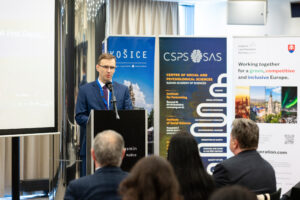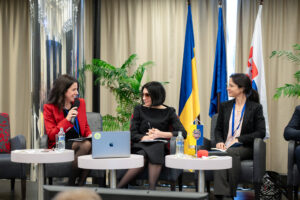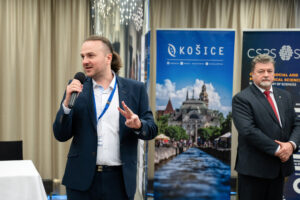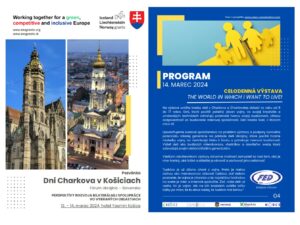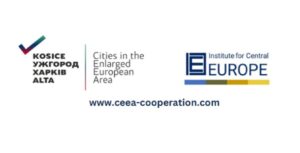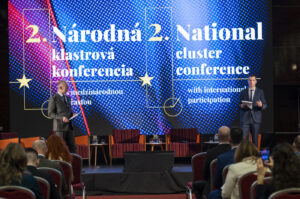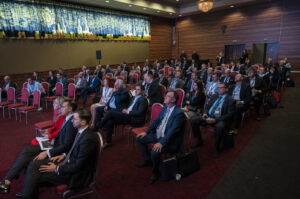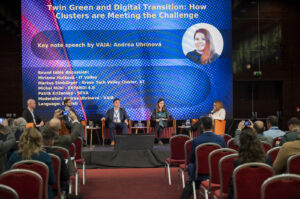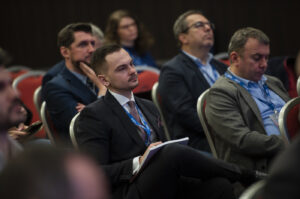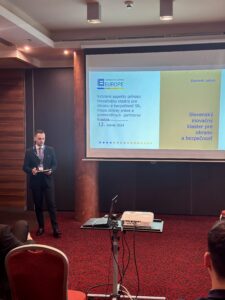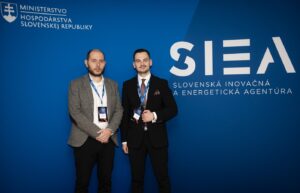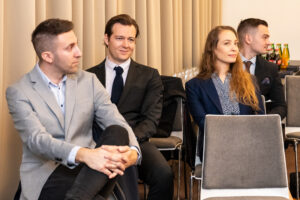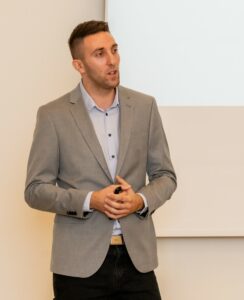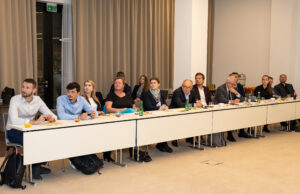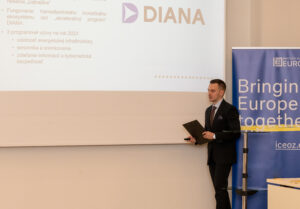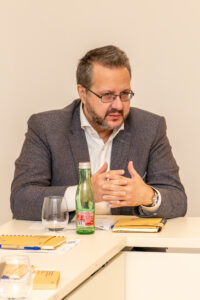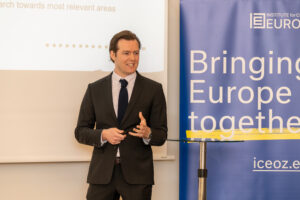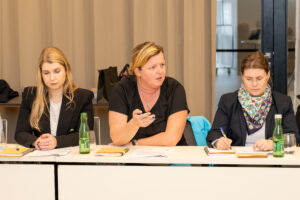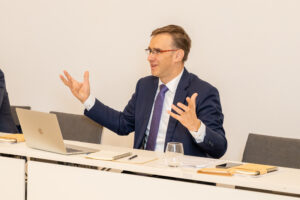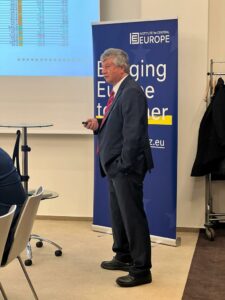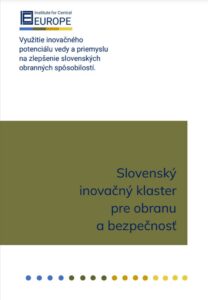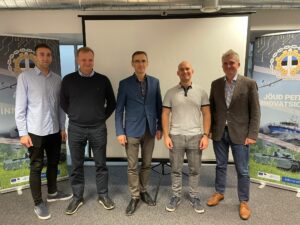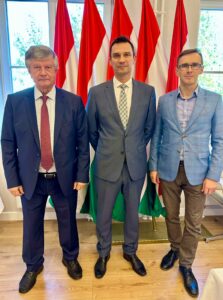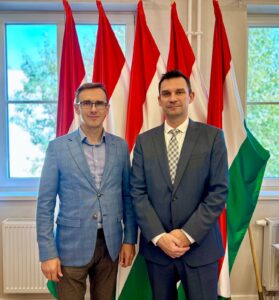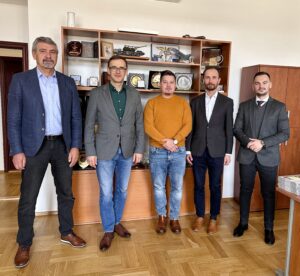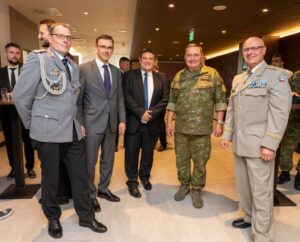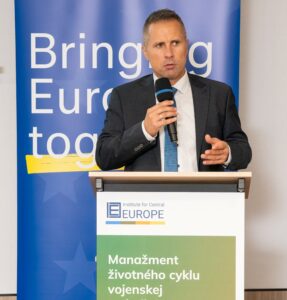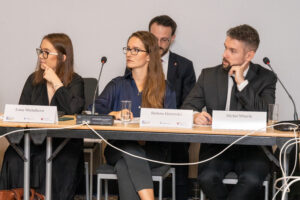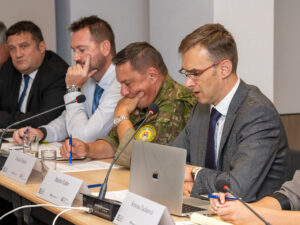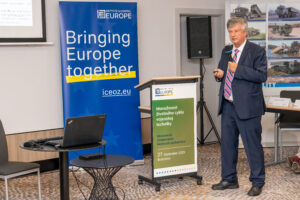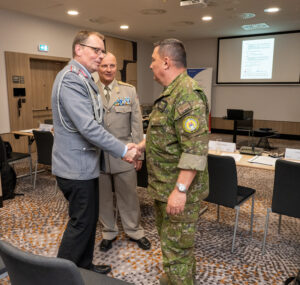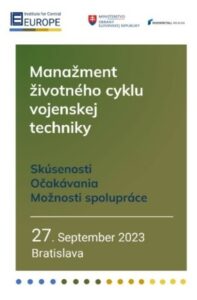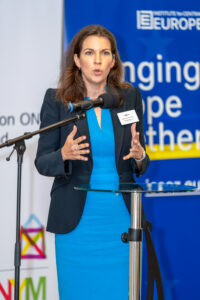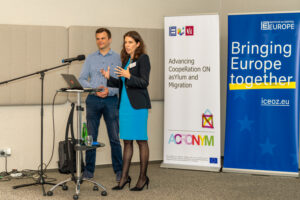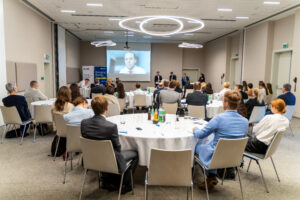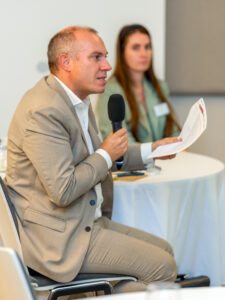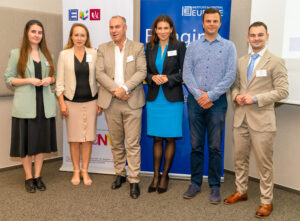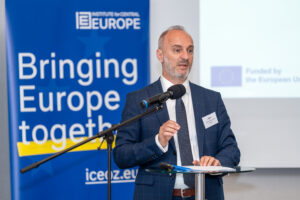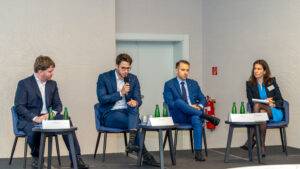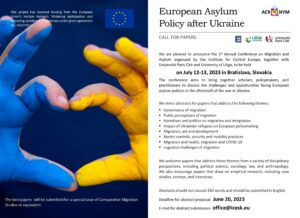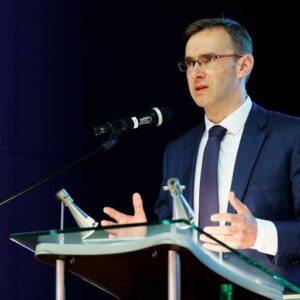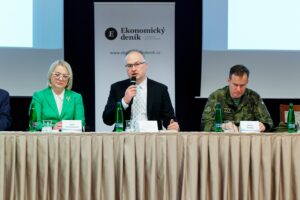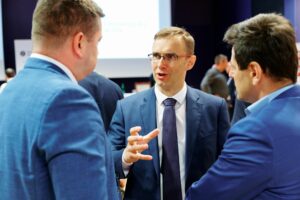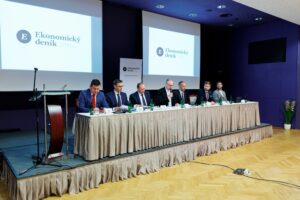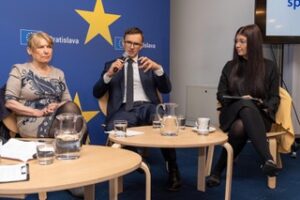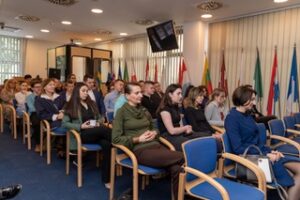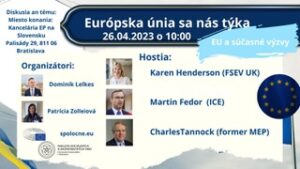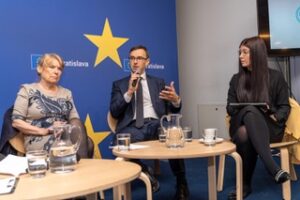Although disinformation and conspiracies are not a new phenomenon in Slovakia or in the world, in recent years we have seen an unprecedented growth and spread of disinformation and conspiracies, especially through the Internet, so-called alternative media and social networks. In the Slovak environment, after Russia’s annexation of Crimea in 2014, we can observe an intense activity of Russian and pro-Russian actors, which is also described in the annual reports of the Slovak Information Service in recent years, purposefully spreading disinformation campaigns aimed at attacking the West, polarising society, questioning scientific knowledge and presenting Russia as an alternative to the pro-European and pro-Atlantic orientation of Slovak foreign policy.
Foreword
Disinformation has accompanied mankind since time immemorial. The technological boom, the Internet and especially social media multiply the effectiveness of disinformation and its impact on people and society. They are often supported by states. Disinformation divides, (de)motivates and can even provide the motivation to kill.
The possibility of personalisation and immediate access to millions of users make controlled misinformation a powerful weapon. It is the new quality of the effectiveness of spreading disinformation in the population that has made social networks one of the important elements of hybrid warfare. Democratic societies in particular are particularly vulnerable to the penetration of disinformation, which has the potential to change individual opinions and voting behaviour, affecting changes in state orientation even in strategically sensitive areas such as foreign or defence policy. We therefore believe that democratic societies and states must defend themselves. As our findings and recommendations show, defence, against disinformation by (non-)state actors, is most effective when there is close cooperation not only between state organisations, but also with the cooperation and involvement of the non-governmental sector.
According to relevant surveys in Slovakia, more than three quarters of the population draws information from the Internet. The so-called traditional media have been massively replaced as a source of information in recent years. The speed with which targeted misinformation can spread through social media is unprecedented in history. At the same time, the ability to intercept, refute or stop its spread requires disproportionately more energy than its release and targeted dissemination. Experience from Ukraine, Georgia, and Moldova shows very similar patterns of disinformation penetration on social networks as in Slovakia. Specific narratives can be seen, thanks to which they are able to spread successfully in the conditions of individual countries. At the same time, however, there are also universal narratives that we know from the Slovak social (and other so-called alternative media) environment. Understanding the mechanism of successful dissemination of these narratives is also a prerequisite for countering them. The choice of the countries mentioned above is not random. They are states that have been subjected for many years to an extremely concentrated pressure of disinformation efforts by Russian actors. The reactions of state institutions and society are in some ways common, in some ways different. In any case, their experience represents a unique experience base for Slovakia. This will allow not only to learn lessons, but also to draw the best possible conclusions for defence. Social networks were born as a glorified phenomenon that was supposed to contribute to better information and the free dissemination of opinions. Today, however, they represent one of the greatest threats to democracy ever – not least because of the massive and uncontrolled spread of misinformation.
This study was produced with the kind support of the Ministry of Defence of the Slovak Republic as part of the project “Strengthening the Slovak Republic’s Resilience to Hybrid Threats from Russian Actors – Disinformation Campaigns on Social Networks”. It is a follow-up to the workshop “Propaganda tools of Russian actors on social networks – how to recognize and counter them?”, which was conducted by the Institute for Central Europe on 7 October 2021 in Bratislava. We also recommend to your attention another output of the same project, which is the Handbook of disinformation campaigns, intended for anyone who wants to clarify some of the concepts and connections related to the issue of spreading disinformation.
The entire document by the authors Kataríny Cséfalvayovej and Tomáša Baranca can be found here:
We would like to thank the external experts who contributed with their valuable advice and expertise to the elaboration and improvement of this text: Olga Yurkova, co-founder of the Ukrainian organization StopFake Tamar Kincurasvili, Director of the Georgian Media Development Foundation Petru Macovei, Executive Director of the Moldovan Association for Free Media Realized with financial support of the Ministry of Defence of the SR under the grant program. The contents of this document are the sole responsibility of the Institute for Central Europe.


